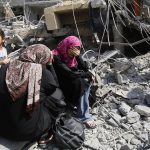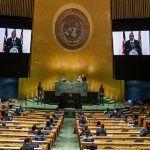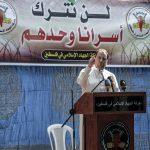Saudi Arabia uses “terrorism-related offences” as means of quashing the dissent and the systematic arbitrary detention and torture of those suspected of committing the so-called offences, a rights group warns.
Faraan: In a report published on Saturday, the Persian Gulf Centre for Human Rights (PGCHR) stressed that the crackdown on rights activists and the dissent has been intensified since Mohammed bin Salman became the regime’s crown prince four years ago.
The report – titled Patterns of Torture in Saudi Arabia – drew its data from PGCHR and other human rights organizations’ urgent appeals and case studies, plus comprehensive reports of UN Special Rapporteurs, the UN Committee against Torture, lawyers and reputable news sources.
“The use of torture as a means of extracting confessions, which are frequently used as admissible evidence in grossly unfair trials, and of punishing detainees, has become an intrinsic part of the Saudi justice system,” the report said.
The PGCHR further stressed that the patterns of torture are central to consolidating and maintaining Saudi Arabia’s authoritarian style of governance, noting that several key patterns of torture are tightly interwoven with the machinery of the Riyadh regime and its judiciary.
These key patterns, according to the report, are the use of terrorism-related offences as a means of quashing dissent and the systematic arbitrary detention and torture of those charged with these offences, the specific targeting of women human rights defenders, and a lack of accountability for those accused of perpetrating torture.
“One clear indicator of the deteriorating situation for Saudi human rights defenders is the brutal crackdown on women human rights defenders, who have been increasingly subjected to detention, torture and judicial harassment in retaliation against their peaceful activities calling for women to be allowed to drive and for an end to the archaic male guardianship system,” the report added.










